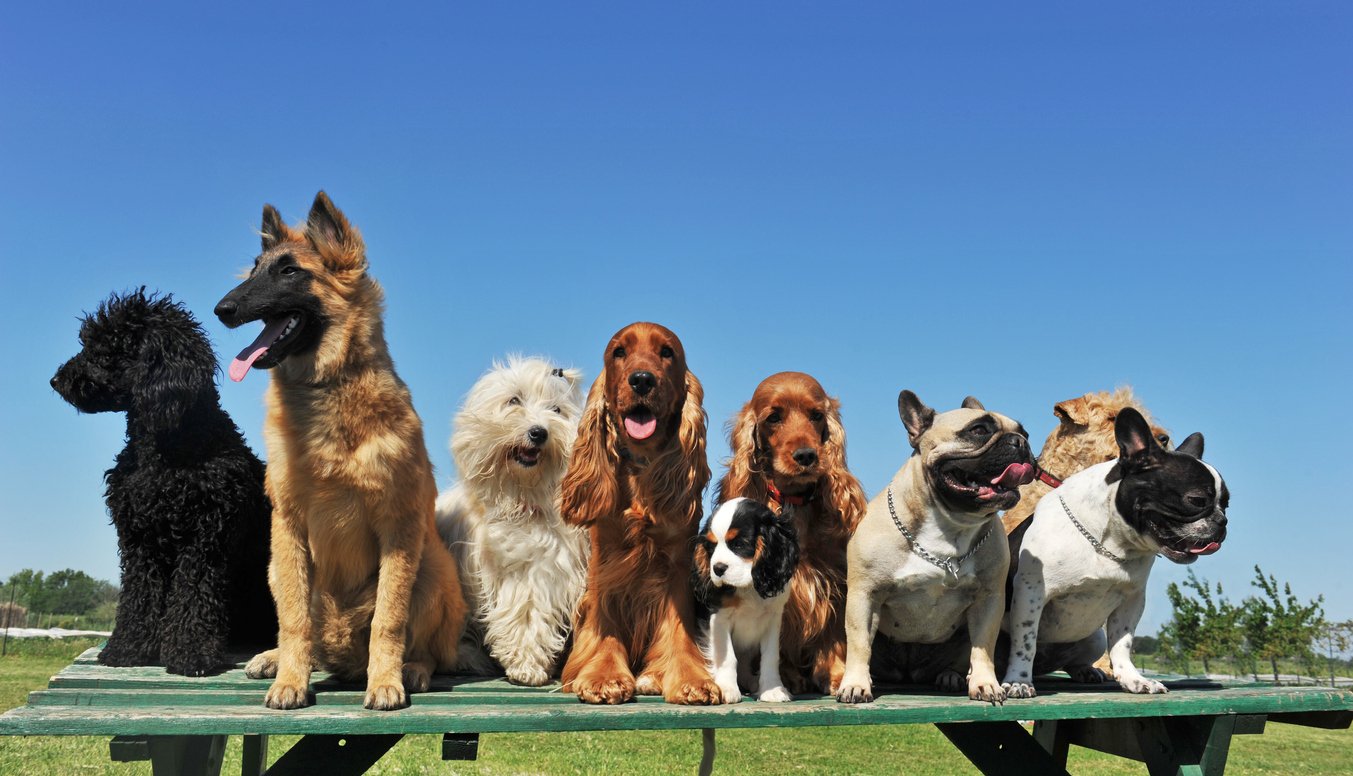Walk through the front door of almost any pet-care business, and you will see rows of canine suites and spacious feline condos. Yet a growing segment of pet parents own parrots, rabbits, bearded dragons, guinea pigs, ferrets, and even the occasional hedgehog or hermit crab. They love their companions every bit as much as dog and cat owners, and they struggle to find qualified boarding or day-care options when work or travel takes them away.
As pet-care businesses look to stand out and serve a wider clientele, more are opening their doors to avian pets and avian and exotic companions—think parrots, rabbits, reptiles, and more. Expanding your services to include birds and other unique animals allows you to meet a genuine community need, diversify revenue, and differentiate your brand, provided you prepare thoughtfully.

Why Expand Beyond Traditional Pets?
While dogs and cats remain the bread and butter of most boarding and daycare services, there’s a growing community of pet parents with birds, reptiles, and small mammals who need reliable care. These customers are often underserved and deeply loyal—traits that make them valuable to any small pet-care business willing to adapt.
Opening your facility to avian and exotic pets allows you to:
- Capture untapped demand in your local market
- Differentiate your business from competitors
- Generate revenue during off-peak dog and cat seasons
- Build lasting relationships with niche clientele
Getting to Know Exotic Animals: Species Spotlights
Caring for avian and exotic pets means understanding their unique requirements. Each species comes with its own needs, risks, and routines. Here’s a high-level breakdown to guide your setup, including their nutritional needs, specialized care, and nuanced enrichment activities:
Avian (Pet Birds)
Environment:
Birds, especially parrots and cockatiels, require warm, draft-free environments with stable humidity. A temperature range of 70-80°F or 21-27°C and humidity around 50% is ideal. Provide a natural day–night cycle (12 h light / 12 h dark) for pet birds and, when possible, full-spectrum bulbs that deliver UVA/UVB.
Enrichment & Behavior:
Avian pets are social and intelligent. They need daily mental stimulation—puzzles, toys, and human interaction—to avoid boredom and stress. Many also scream, sing, or chatter, especially when seeking attention.
Health & Safety:
Clean air is critical. Birds have sensitive respiratory systems, so avoid aerosol cleaners and scented products. Quarantine protocols and avian-specific health screenings (e.g., for psittacosis) are strongly recommended.
Small Mammals (Rabbits, Guinea Pigs, Ferrets, Sugar Gliders)
Housing:
Small mammals are prey animals, so they do best in quiet, low-stress environments away from barking dogs or heavy foot traffic. Visual barriers or separate rooms help reduce anxiety. For exotic animals used to living in trees, like sugar gliders, tall cages that allow them to "glide" and climb are ideal. Think of an aviary setup for these types of exotic pets.
Dietary Needs:
- Rabbits and guinea pigs require unlimited access to hay and daily fresh veggies.
- Ferrets thrive on high-protein diets and frequent litter box changes to control odor.
- Sugar gliders are omnivores and sap feeders, meaning they eat various insects, plant matter, and nectar in the wild. Leadbeater's mixture is an efficient way to ensure proper nutrition.
Temperature:
Most small mammals, especially rabbits, are heat-sensitive. Keep rooms below 80°F or 27°C to prevent heatstroke, and maintain ferrets above 55°F or 13°C to avoid upper-respiratory infections. Ensure your unique animals are in spaces with good ventilation.
Reptiles & Amphibians (Lizards, Turtles, Bearded Dragons)
Habitat Essentials:
Every reptile species has a preferred temperature gradient, lighting schedule, and humidity level. Bearded dragons, for example, need a UVB light source and a basking area around 100°F or 38°C.
Handling:
Some reptiles tolerate gentle handling, while others are best left alone. Even if hands-off, daily wellness checks for exotic patients are still essential.
Cleanliness:
Substrates should be changed regularly, and handwashing between enclosures is crucial to reduce Salmonella risk.

Setting Up Your Facility for Avian and Exotic Guests
Adding avian and exotic pets to your roster doesn’t require a massive renovation, but it does require thoughtful preparation.
Separate Spaces:
Whenever possible, dedicate a separate room or quiet area for avian and exotic boarding. Species like reptiles and birds can become stressed—or even sick—if housed near noisy dogs or cats.
Proper Equipment:
- Birds: Large cages, natural perches, and full-spectrum lighting
- Small mammals: Litter pans, hay feeders, hideouts
- Reptiles: Enclosed tanks with secure lids, heat lamps, and thermometers
Cleanable Surfaces:
Stainless steel cages, sealed floors, and easy-to-sanitize walls prevent buildup and cross-contamination.
Air Quality:
Invest in a HEPA air purifier or ensure proper ventilation, especially in avian rooms.
Biosecurity & Health Management
Safety and cleanliness are non-negotiables when it comes to avian and exotic care, especially surgical care.
Health Screening:
Ask clients to provide proof of recent wellness exams conducted by a veterinarian, especially for birds and reptiles. Requiring parasite screenings and up-to-date health checks adds a layer of protection for both your facility and the animals.
New avian guests should be kept in quarantine for 5–7 days to watch for signs of illness. This is particularly important for treatment with ongoing concerns about avian influenza.
PPE & Sanitation:
Use gloves, smocks, and species-specific cleaning tools. Reptile care, in particular, demands thorough handwashing and sanitation to prevent disease transmission.
Training Staff for Success
Handling an avian pet is a world apart from walking a Labrador. Proper staff training, especially with assistance from a specialized veterinarian, is key to successful care.
Basic Handling:
Teach your team how to safely towel-wrap a bird, pick up a rabbit without injury, and recognize a stressed reptile. Mistakes in handling can cause harm or provoke escape.
Species Signals:
Understanding body language can help avoid bites and stress:
- Birds: Fluffed feathers, tail bobbing, or hissing
- Rabbits: Thumping, grinding teeth, or hiding
- Reptiles: Color changes, gaping mouths, or quick tail movements
Emergency Readiness:
Have a plan for medical emergencies, power outages (especially for temperature-sensitive reptiles), or animal escapes. Role-play scenarios to ensure staff feel prepared in the event of an emergency situation.
Enrichment, Feeding, and Specialized Care
Avian and exotic pets need more than basic food and water—they thrive with interactive feeding and enrichment.
Birds:
Rotate toys regularly, offer foraging activities, and play music or natural sounds to mimic their home environment.
Small Mammals:
Scatter veggies or pellets to encourage natural foraging. Hide food inside cardboard tubes for mental stimulation.
Reptiles:
Feed live or pre-killed insects (as appropriate), maintain proper feeding schedules, and avoid overhandling after meals to prevent regurgitation.

Communicating With Clients
Trust is everything, especially when clients are boarding pets that require specialized care. Utilizing a customer portal to communicate details and updates to parents of exotic pets is an easy way to keep them in the loop.
Include the following in your customer portal:
Detailed Intake Forms:
Collect key information, such as diet, habitat preferences, handling instructions, and emergency contacts. Photos of their home setup can be helpful for recreating comfort.
Daily Updates:
A short message with a photo goes a long way: “Kiwi enjoyed his chopped veggies and chirped at the staff today.” Scheduling these updates using pet-care software ensures no client feels forgotten.
Emergency Authorizations:
Have a vet release form that gives you permission to seek care in case of illness or injury. Make sure to have a relationship with an exotic-friendly veterinary clinic in your area.
Operational Tools to Support Exotic Pet Care
Caring for avian and exotic pets is easier with the right tools in place. Pet-care platforms like Revelation Pets allow you to:
- Create customized care instructions by species
- Schedule feedings, medication, and habitat maintenance
- Log temperatures, humidity levels, and staff notes
- Share photos and daily summaries with clients
Keep Every Bird, Fish, Bunny, and Reptile Healthy and Happy
Expanding your services to include avian and exotic pets isn’t about becoming an overnight expert on every species—it’s about building a system that prioritizes safety, comfort, and clear communication.
Start small: one or two bird cages, a rabbit pen, and a reptile tank. As demand and confidence grow, you can scale your services and reputation. For pet-care businesses looking to grow, evolve, and truly serve the needs of their communities, with amazing staff, welcoming avian and exotic companions is a meaningful next step.
Want to simplify client communication, booking, payments and more? Try Revelation Pets for free!






